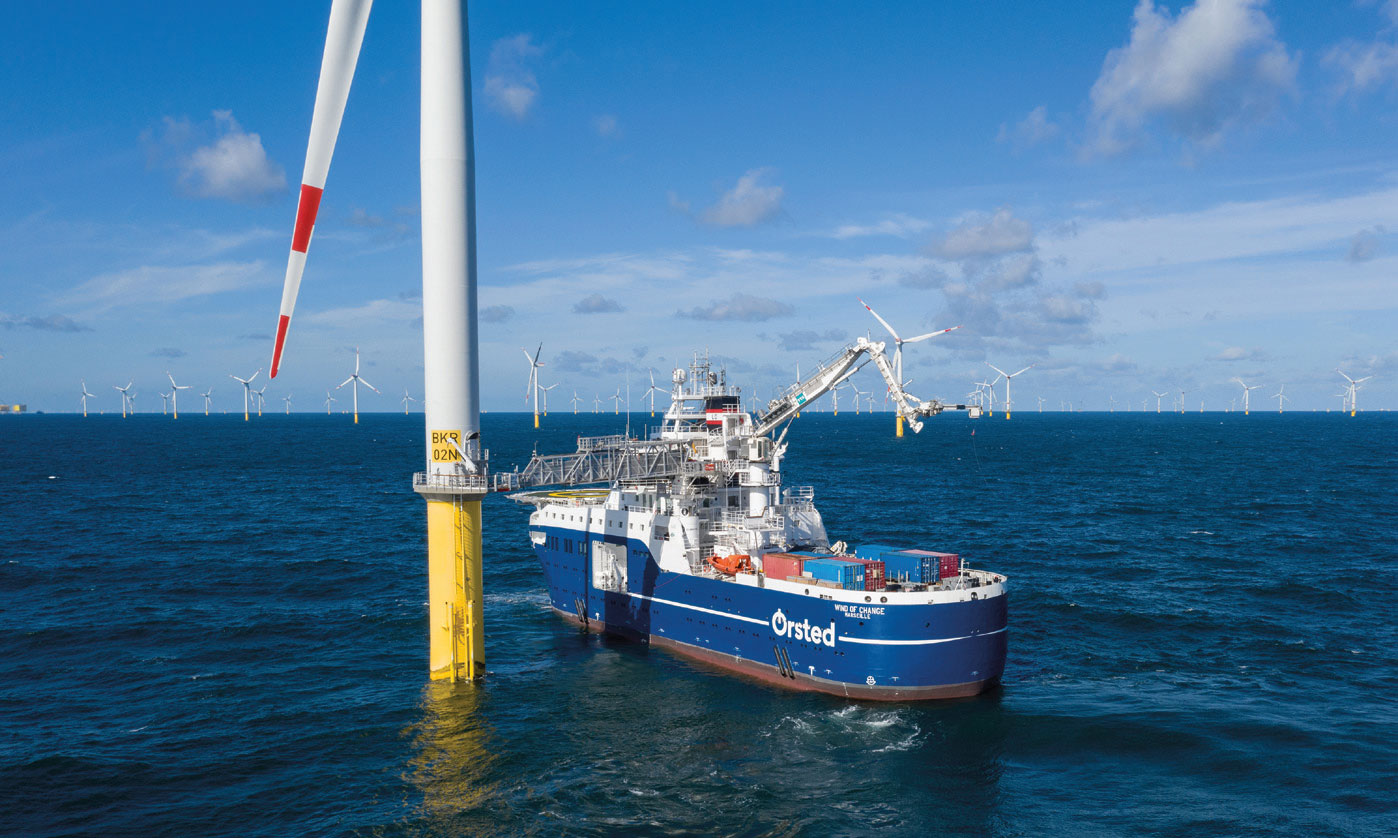After achieving remarkable results in 2022, Registre International Français (RIF) has a confi dent outlook for 2023. We talk to Stéphane Garziano, head of the RIF offi ce in Marseille, as he explains why the French fl ag has the wind in its sails.

Created in 2005, the RIF is fitted for cargo, passenger and service ships, but also for chartered yachts sailing internationally. Depending on the French maritime administration (a part of the French State Ministry for the Sea), the RIF’s goal is threefold:
■ Developing French maritime employment with a high level of social benefits;
■ Ensuring maritime safety;
■ Supporting the energy transition of ships.
In order to achieve these aims, the French flag has many attractive features. The RIF embodies the experience, the exigency and the modernity of the French flag, combined with many benefits for shipowners and seafarers.
France has developed high standards and expertise in ship safety, which result in a flag with a quality that is firmly established. Thus, the French flag fulfils all requirements requested by the US Coastguard Qualship 21 programme. This would not be possible without the high qualification of French seafarers. They are provided with a complete training offer to obtain all the certificates required by current international agreements, including those that were recently created (e.g. training for ships operating in polar waters). This includes: The International Convention on Standards of Training, Certification and Watchkeeping for Seafarers (STCW); and Training and Certification Convention for Fishing Vessel Personnel (STCW-F). The training centres are recognised for their quality standards and high-level of services provided.
From a tax point of view, France has a flat-rate tax regime based on the tonnage of ships, which applies to companies whose revenue is derived from at least 75% from the operation of ships used for trade. Besides, seafarers residing in France are exempted of income tax and automatically insured to the seafarer’s social security (ENIM). This is a highperformance scheme, which meets the social security standards provided by the Maritime Labour Convention (2006). The affiliation costs are shared between the seafarer and the shipowner who may be exempted from those costs (under certain conditions).
In 2021–2022, France chose to strengthen its support to the maritime sector. The net wage is now in force, consisting of refunding shipowners for certain taxes. Otherwise, the French maritime administration has invested for several years in the development of digital tools, with the aim of dematerialising contacts with economic operators and seafarers.
Located in Marseille, the single office of the RIF makes the procedures smoother. As a public service, it prioritises quality of service, efficiency and responsiveness. The RIF’s team is acting as a real on-theground support, and all of these services are free of charge.

After 17 years, the RIF is one of the most modern and competitive European registe
These assets have had very strong results. In 2022, the Knutsen Group’s (Norway) financed six LNGCs incorporating the very competitive French Lease system. These ships are progressively registered in the RIF. Marine Money awarded “France’s maritime cluster”, composed of all the actors which took part, with the “deal of the year”. After 17 years of existence, the RIF became one of the most modern and competitive European registers. The fleet is expanding steadily, and it now consists of 400 ships.


